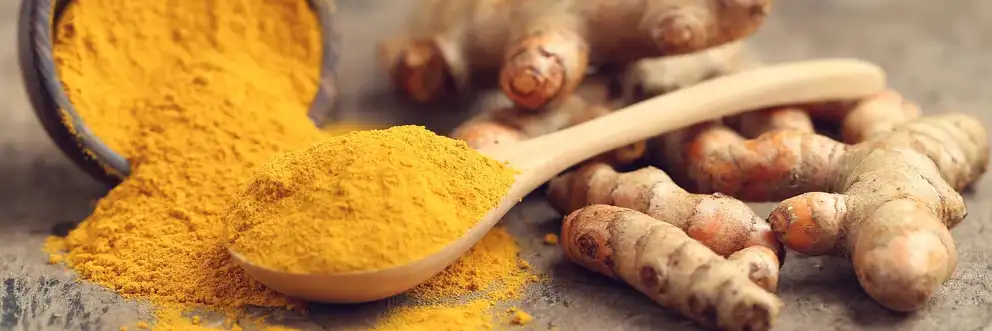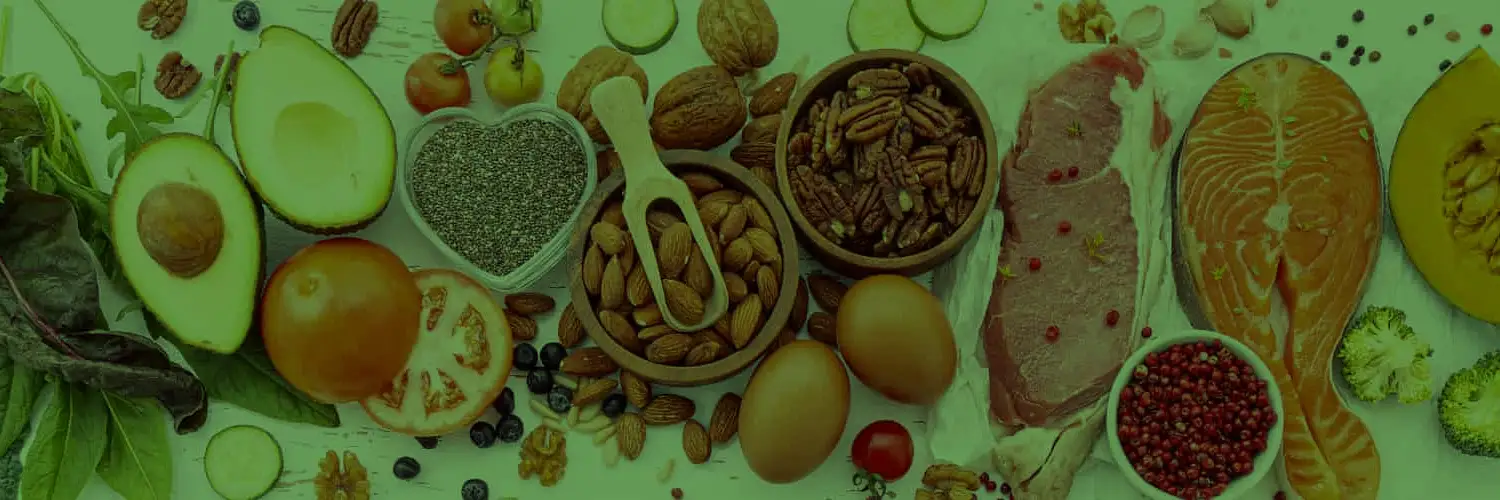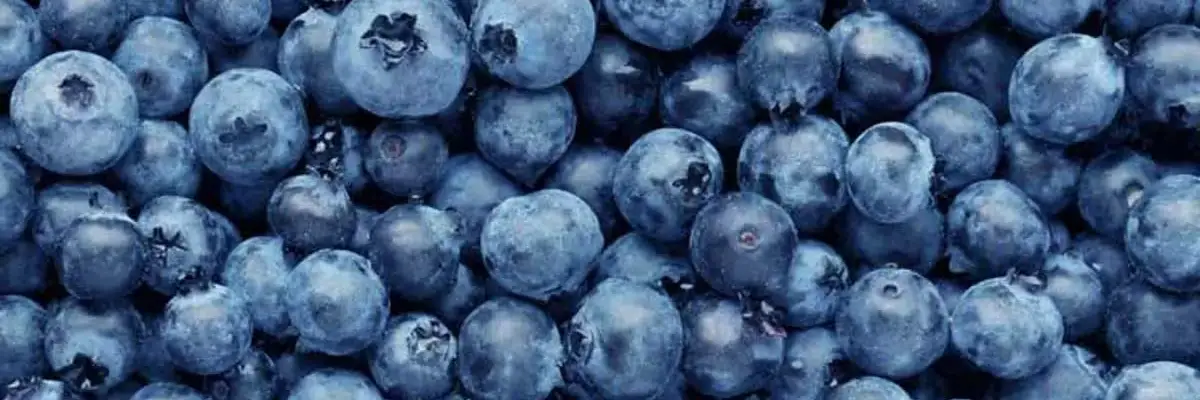Unravel the Mystery Behind Gut Woes
Ever wonder if your persistent gut problems could be linked to something more elusive. Could it be Candida? Let’s delve into the world of Candida Albicans – a yeast that’s part of our gut and skin ecosystem but can turn rogue under certain conditions.
What’s Candida, and Why Should I Care?
Candida Albicans is a sneaky yeast that usually plays nice in our gut and on our skin. It coexists with us in a delicate balance, relying on the presence of healthy bacteria to keep it in check. But throw in a poor diet, stress, a weakened immune system, or a medical condition, and Candida can throw a party, leading to a fungal infection known as Candidiasis.
Taking center stage in this microbial drama are stomach acid, bile, and pancreatic enzymes – the unsung heroes preventing Candida overgrowth. So, maintaining a healthy balance of these digestive secretions is key to taming chronic Candidiasis.
Is Candida the Culprit Behind Your Woes?
Detecting acute thrush infections is easy, but identifying chronic, low-grade Candida overgrowth requires some detective work. Clients often come to me with symptoms like chronic fatigue, decreased libido, gut issues, and more, completely unaware that an underlying fungal infection might be the root cause. Candida is even implicated in ‘leaky’ gut syndrome, causing symptoms that can range from digestive problemes to persistent sinusitis. Candida could be the culprit getting between you and the thriving active lifestyle you yearn for.
Unveiling the Factors Fueling Candida Overgrowth
Various things can tip the scales in favour of Candida. Antibiotics, a compromised immune system, steroids, chemotherapy, contraceptives, a sugar-loaded diet, excess alcohol, and chronic stress can all contribute to the imbalance of good bacteria and fungi.
The Candida Detective: How to Test for Overgrowth
Stool testing is the main tool in unveiling Candida overgrowth. Hair testing, a more unconventional approach can also be useful in identifying underlying infections and food sensitivities. If you’re curious, the Institute for Functional Medicine offers a candida screening questionnaire here.
Cracking the Candida Code: Treatment Strategies
Food becomes the battleground for regaining control over Candida. The Candida food plan focuses on nurturing good bacteria and starving the yeast into submission. Although challenging, the benefits are worth it – increased vitality and better overall health.
Candida feasts on sugar, so the game plan involves steering clear of processed foods, excessive fruit, sugary treats, and starchy vegetables. Opt instead for fresh or frozen veggies, avocados, lean proteins, unsweetened plant-based milk, and herbal teas. Making these dietary changes, coupled with targeted supplementation, can be a game-changer for your health.
Because Candida will kick you when you’re down or stressed, it is also a good idea to boost your immunity and manage anxiety.

Embarking on Your Candida Journey
It’s not easy, but treating Candida is possible. Bid farewell to foods and drinks that aren’t your gut’s best friends, and you’ll find a renewed sense of vitality. Just like seeking coaching for sports or professional development, your health journey might need a supportive nudge. If you’re ready for a change and want to explore the Candida connection, book a free discovery call here.
Unraveling the mystery behind your gut issues might just be the key to reclaiming your zest for life.






